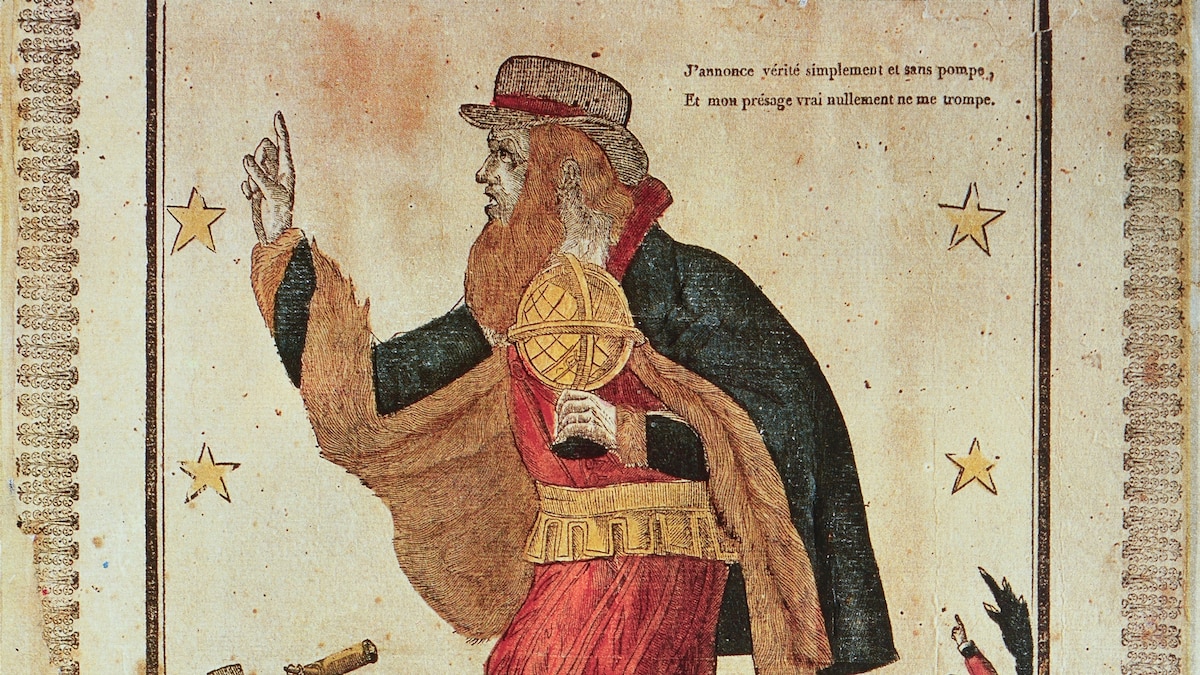Now Reading: Who Was Nostradamus and Why Do His Predictions Fascinate Us?
-
01
Who Was Nostradamus and Why Do His Predictions Fascinate Us?
Who Was Nostradamus and Why Do His Predictions Fascinate Us?

Speedy Summary
- Michel de Nostradame, widely known as Nostradamus, was a 16th-century French physician and astrologer famous for his cryptic poetic predictions.
- Born in 1503 to a Jewish family that converted to catholicism due to regional pressures; Nostradamus studied medicine, herbalism, and languages like Hebrew and Latin before gaining notoriety.
- He treated victims of the bubonic plague across Renaissance France, using remedies blending hygiene practices with alchemy and astrology. His wife and two children succumbed to plague in the 1530s.
- Accused of heresy in 1538 for criticizing religious statues, he narrowly avoided execution but faced increasing scrutiny throughout his career.
- Beginning in the 1550s, his almanacs featured annually composed predictions on events, earning him fame among European elites like Queen Catherine de Medici.Notable prophecies included King Henry II’s death during a joust (fulfilled in 1559) and Parliament sentencing King Charles I of England to death (1649).
- Many subsequent historical events – such as Napoleon’s rise or London’s Grate Fire (1666) – have been retroactively linked by fans or reinterpreted from vague phrases in his writings.Critics note many prophecies failed or were misappropriated politically by figures like Nazi propagandist Joseph Goebbels.
- Nostradamus remained controversial across political divides but persists culturally as both an enigmatic figure and an entry point into discussions about prophecy today.
Indian Opinion Analysis
Nostradamus’ legacy serves as an fascinating reflection on humanity’s timeless interest with prophecy amid uncertain times – relevant even today when misinformation has global influence. For a country like India facing rapid socio-economic changes coupled with global crises such as climate change or geopolitical tensions, public reliance on similar esoteric interpretations occasionally surfaces through realms like astrology.
From historical parallels within Indian contexts – mystics aiding monarchs during pre-modern kingdoms – down to contemporary debates surrounding birth charts influencing political fortunes locally highlight clear risks if ambiguities dominate thought ecosystems longer-term versus science-rooted reasoning especially within citizens’ choices-over navigating complex futures.”

























